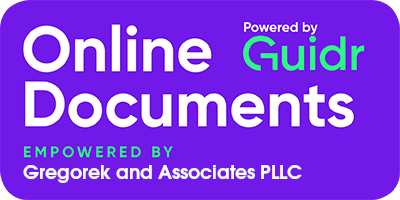Blog
Is a Joint Account with Your Child Right for You?
People are often protective of their banking information and do not let anyone access their accounts or view their transactions. As people age, though, they may consider opening joint bank accounts with their children for a variety of reasons. While there are many benefits to creating a joint account, there are potential downsides as well, and it is important for parents and their children to fully understand how opening a joint account may impact their rights and liabilities. If you are considering opening a joint bank account with your child, it is in your best interest to consult a skilled estate planning attorney to discuss the implications of doing so.
Risks and Benefits of Opening a Joint Account with Your Child
There are many benefits to opening a joint bank account with your child. For example, your child will become a co-owner of the account, which means that if you pass away, the account will become their sole property without having to go through the probate process. This is true regardless of whether you have a will that dictates how the account should be handled. In other words, your child’s co-ownership of the account will generally override any provisions in your will devising money in the account to another party.
Further, if your child jointly owns an account with you, they can help you with your finances. This can be beneficial if you become unable to make financial decisions on your own or have to enter a long-term care facility or hospital. Older individuals are more vulnerable to financial abuse as well, and your child’s additional oversight on the account can help protect you from financial abuse and fraudulent schemes. It is relatively easy to create a joint account as well, which means that you can reap the benefits of a joint account with little effort.
There are potential downsides to opening a joint account as well. First, a parent may not want the entirety of the account to pass to the child that is the joint account holder and may not be aware that the terms of their will dividing account assets in other ways will not be upheld. Further, as joint accounts belong to both parties, they are subject to garnishment from one party’s creditors, even if the other party does not bear any personal liability to such creditors. Similarly, if a judgment is issued against either party in a lawsuit, the account proceeds may be at risk. It can also create discord among family members if a parent has multiple children but only names one of them as a joint account owner.
Talk to a Seasoned Estate Planning Attorney Today
Opening a joint bank account with your child can help you to protect your assets, but it could expose you to liability as well, and it is not a decision that should be made without careful consideration. If you are contemplating starting a joint bank account with your child, it is prudent to talk to a seasoned estate planning attorney to determine whether it is a choice that is appropriate for you and your child.
